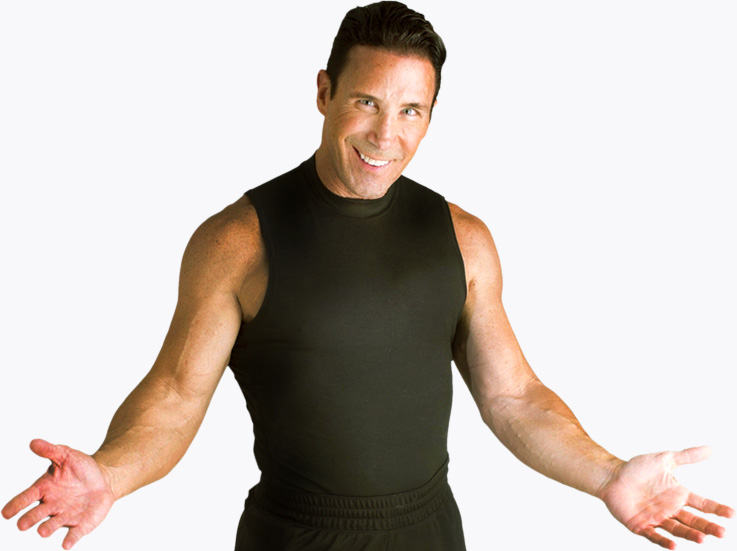03/25/2018
Keeping It Cool
Hot weather and exercise increase stress on your heart and lungs and increase body temperature, so if you exercise outdoors in the heat, use common sense to protect yourself from heat strokes. High humidity creates additional stress because sweat evaporation slows — which pushes your body temperature even higher. Skin, blood vessels and perspiration levels adjust to the heat. However, prolonged exposure to high temperatures and humidity can cause your natural cooling system to fail, leading to a heat-related illness, such as heat cramps, heat exhaustion or heatstroke.
To keep it cool during hot-weather exercise, keep these basic precautions in mind:
- Slow Down: If you're used to exercising indoors or in cooler weather, take it easy at first. As your body adapts to the heat, gradually increase the length and intensity of your workouts. Ask your doctor if you need to take additional precautions.
- Drink More Fluids: Adequate hydration is vital! Your body's ability to sweat and cool down depends on it. Drink plenty of water while you're working out - even if you don't feel thirsty. Avoid drinks that contain caffeine or alcohol, which actually promote fluid loss.
-
Dress appropriately: Lightweight, loosefitting clothing promotes sweat evaporation and cooling. Avoid dark colors, which can absorb the heat. A light-colored hat will limit exposure to the sun.
- Avoid Midday Sun: Exercise in the morning or evening,when it's likely to be cooler outdoors. If possible, exercise in the shade or in a pool.
- Wear Sunscreen: A sunburn decreases your body's ability to cool itself.
- Change Your Venue: Develop an indoor regimen for extreme weather conditions. Work out at the gym, walk laps inside the mall, climb stairs inside an air-conditioned building, or turn the fans on at home!
During hot-weather exercise, be on the lookout for heat-related illness. Signs and symptoms may include:
- Weakness
- Headache
- Dizziness
- Muscle cramps
- Nausea or vomiting
- Rapid heartbeat
If you suspect a heat-related illness, stop exercising and get out of the heat. Drink water, and wet and fan your skin. If you don't feel better within 60 minutes, contact your doctor. If you develop a fever higher than 102 F (38.9 C) or become faint or confused, seek immediate medical help.
Regular physical activity is important — but don'tput your health at risk.























